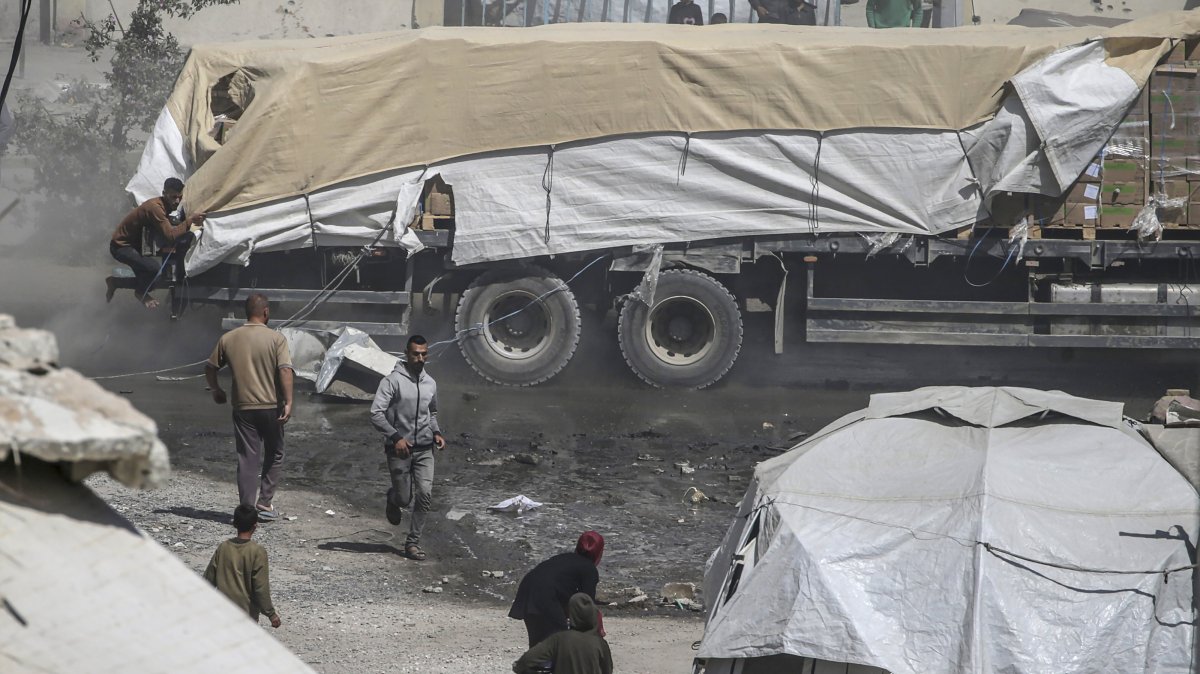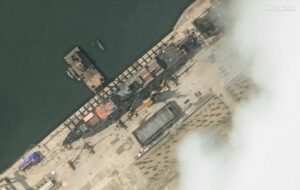Under mounting international pressure, Israel has unveiled a controversial new mechanism that puts the distribution of humanitarian aid to Gaza under its direct control – through a U.S.-backed foundation, bypassing the United Nations and sidelining traditional relief channels.
According to Israeli daily Yedioth Ahronoth, the plan pivots on the “Gaza Humanitarian Aid Foundation,” launched May 14 with heavy Israeli and American influence.
The foundation will act as a centralized gatekeeper, coordinating all aid entering Gaza, currently home to over 2 million Palestinians, many of whom are displaced and starving due to ongoing Israeli assaults and an aid blockade in place since March 2.
At the heart of the operation are four fortified distribution centers constructed between the Netzarim Corridor – slicing Gaza north to south – and the southern cities of Rafah and Khan Younis via the Morag Corridor.
These hubs, protected by armed U.S. private security contractors and earthwork barriers, are set to operate under the constant aerial surveillance of the Israeli military.
Aid trucks will be escorted by Israeli forces into the zones, where roughly 300,000 displaced Palestinians are expected to receive basic food and supplies. The program was initially scheduled to launch today but has been postponed to tomorrow, according to Israeli sources.
However, cracks in the plan are already showing. In a scoop by The Washington Post, Israel’s Chief of General Staff Eyal Zamir privately admitted he was unclear about the operational specifics and the military’s exact role in the aid delivery process.
Critics say the initiative goes far beyond humanitarian coordination.
Prime Minister Benjamin Netanyahu confirmed that the United Nations would be sidelined after May 24, when Israel fully activates its new aid mechanism. Until then, the existing system – largely overseen by the U.N. – remains in place.
But Israel’s ambitions reach deeper. Sources reveal the strategy aims to funnel Palestinians into designated “collection zones” – widely viewed as de facto displacement camps – as a step toward facilitating forced transfers to third countries, a move that’s been condemned as a violation of international law.
Despite Israeli efforts to pressure international donors and the U.N. into cooperating with the new foundation, U.N. Secretary-General Antonio Guterres issued a firm rejection.
Citing UN Security Council mandates and humanitarian principles, Guterres declared the U.N. would not engage in any aid mechanism “that disrespects humanity, neutrality, independence, or impartiality.”



















































Be First to Comment